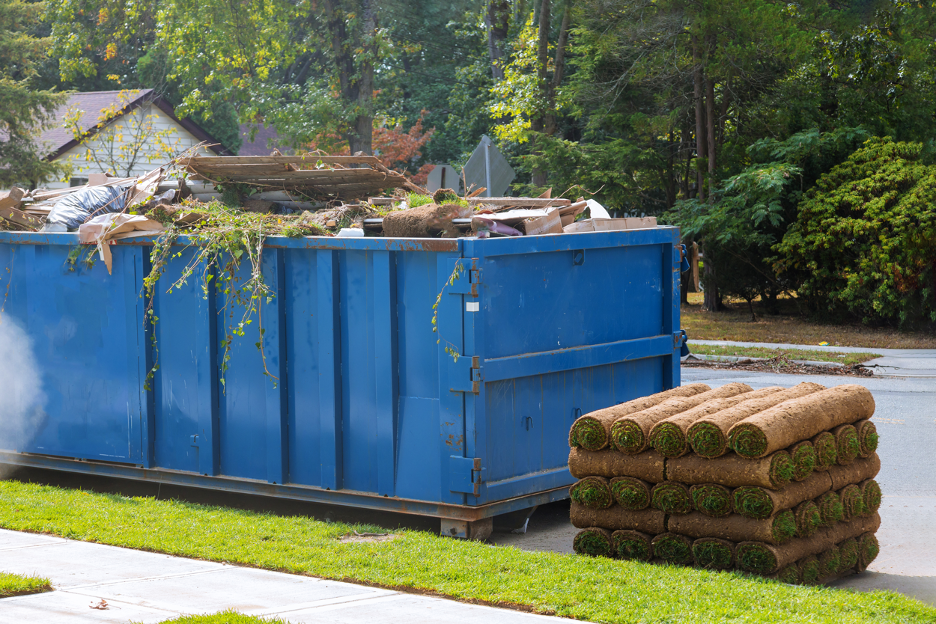Understanding Dumpsters: Types of Dumpster Rentals Explained
Whether you’re tackling a home renovation, managing a construction site, or simply trying to clear out years of accumulated clutter, renting a dumpster can make the job much more efficient. But if you’re new to the process, you may be surprised to learn that there isn’t just one kind of dumpster to choose from. Dumpster rentals come in several types and sizes, each suited for different needs and situations. Understanding the different types of dumpster rentals can help you make a better, more cost-effective choice for your project.
The Purpose Behind Dumpster Rentals
Dumpster rentals provide a convenient way to manage large volumes of waste. Instead of making multiple trips to a landfill or depending solely on weekly curbside trash pickup, a rented dumpster can be delivered to your location and picked up when you’re done. This is especially useful for projects that produce more waste than usual or involve materials that aren’t typically accepted by municipal waste services. Construction debris, old furniture, yard waste, and even certain types of hazardous materials can often be disposed of more easily through a rental dumpster service.
Residential Dumpsters for Home Projects
For homeowners, residential dumpsters are a practical solution during renovation, spring cleaning, or moving out. These dumpsters are typically smaller in size, often available in 10-yard or 20-yard capacities, and can fit in a driveway. They’re designed for ease of use, allowing users to dispose of furniture, appliances, household junk, and minor remodeling debris. Since they are designed for residential use, they are easier to schedule, load, and maneuver around smaller properties. These dumpsters are especially useful during garage clean-outs, bathroom remodels, or even after hosting large events.
Roll-Off Dumpsters for Construction and Commercial Use
One of the most recognizable types of dumpsters is the roll-off dumpster, often seen at construction sites. These dumpsters are called “roll-off” because they are delivered and picked up using special trucks that roll the container on and off the truck bed. Available in larger sizes—ranging from 20 to 40 yards—roll-off dumpsters can accommodate substantial amounts of construction debris such as drywall, wood, metal, concrete, and more.
Contractors and commercial property owners frequently rent roll-off dumpsters during new builds, demolitions, roofing projects, or major renovations. Their open-top design makes them easy to load with bulky materials, and their larger capacity means fewer hauls, saving both time and money over the course of a long project.

Commercial Dumpsters for Ongoing Business Use
Businesses that generate consistent amounts of waste often require more permanent solutions. Commercial dumpsters, also known as front-load or rear-load dumpsters, are ideal for daily waste collection. These are smaller than roll-off dumpsters but are emptied on a regular schedule by waste management companies. Found behind restaurants, apartment complexes, office buildings, and retail centers, commercial dumpsters help manage day-to-day waste efficiently without the need for the business to transport trash to a landfill.
Their lids help contain odors and prevent pests, making them suitable for places where hygiene is a priority. The key benefit here is consistency. Businesses can maintain cleanliness while ensuring waste is removed reliably with minimal manual effort.
Specialty Dumpsters for Unique Waste Needs
Some projects involve materials that can’t be handled by standard dumpsters. For these, specialty dumpsters are available. For instance, heavy debris dumpsters are designed to carry materials like concrete, brick, and asphalt, which are too dense for regular containers. Yard waste dumpsters are tailored for landscaping jobs, capable of holding grass clippings, tree limbs, and soil.
There are also dumpsters specifically designated for hazardous waste, electronics, or recyclables. These often require specific handling and disposal practices to comply with local regulations. Choosing the right specialty dumpster ensures not only that the waste is managed properly, but also that you stay within legal and environmental guidelines.
Choosing the Right Dumpster for Your Needs
Selecting the right dumpster involves evaluating the type and volume of waste you’ll be generating, as well as the space available for placing the dumpster. If you’re working on a short-term home project, a small residential dumpster might suffice. For large-scale construction or ongoing commercial waste, roll-off or front-load dumpsters offer a more efficient solution. Also, consider how frequently you’ll need the dumpster emptied. One-time use may only require a drop-off and pick-up, while businesses may need scheduled pickups throughout the week.
Costs can also vary based on size, duration of rental, and type of waste being disposed of. Some materials may incur additional disposal fees, especially hazardous or hard-to-recycle items.